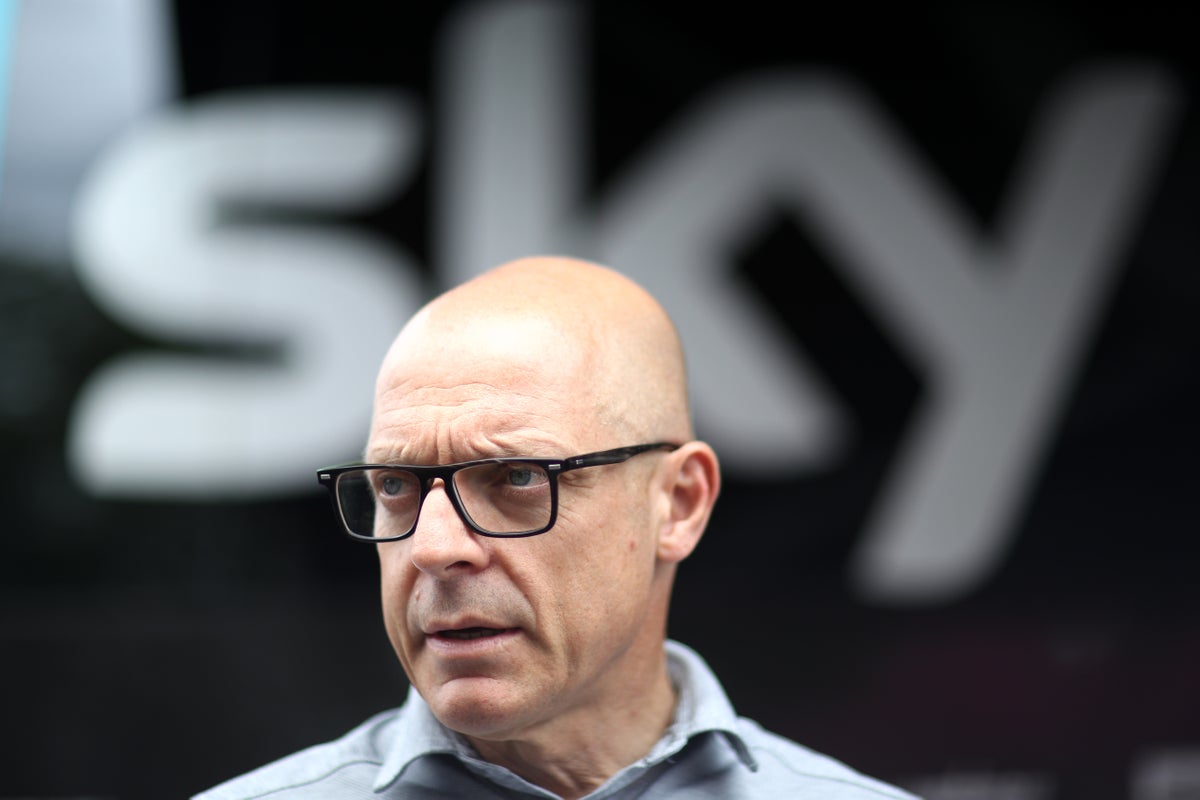The illustrious legacy of Team Sky, once heralded as the epitome of British sporting ingenuity and scientific precision in professional cycling, faces renewed and intense scrutiny following disturbing allegations against a long-term staff member. Their era of unprecedented dominance, marked by multiple Tour de France victories and the “marginal gains” philosophy, is now being re-examined under a shadow of doubt, casting a pall over what many believed to be a clean ascent to the pinnacle of the sport.
At the heart of this rekindled controversy are fresh accusations leveled against David Rozman, a key figure within the team’s support staff, who reportedly departed this year’s Tour de France midway through the race. German broadcaster ARD brought forth claims that in 2012, the year of Bradley Wiggins’ historic Tour de France win, Rozman allegedly exchanged messages with Mark Schmidt, a German doctor notoriously convicted in 2021 for orchestrating a sophisticated international doping ring involving athletes across various sports.
These alleged communications are particularly damning, including a text message purportedly from Rozman to Schmidt just one month before Wiggins’ 2012 triumph. The message, requesting “any of the stuff that Milram [Schmidt’s disgraced former team] used during the races,” implies a disturbing search for performance-enhancing substances. Further allegations suggest a direct meeting between Schmidt and Rozman at Team Sky’s hotel during that pivotal Tour, occurring the day before Chris Froome’s victory on La Planche des Belle Filles and Wiggins’ consolidation of the yellow jersey.
Adding another layer to the allegations, Rozman is also accused of sharing contact details for a suspected drug dealer, identified as “Maestro Baltazar” in Slovenia, with Schmidt. This network of alleged illicit connections further implicates the inner workings of a team that consistently prided itself on adherence to strict ethical standards. These developments raise critical questions about the depth of potential wrongdoing within an organization that fundamentally reshaped the landscape of professional cycling.
In response to these grave claims, Ineos Grenadiers, the successor to Team Sky, has maintained a stance of non-receipt of formal evidence from any relevant authority. The team asserts its commitment to cooperate fully with the International Testing Agency (ITA) and any other investigative bodies, reiterating its long-standing “zero-tolerance policy” towards doping. However, the official silence from key figures like Dave Brailsford, the architect of Team Sky’s “marginal gains” strategy and its profound success, only fuels public speculation and concern.
Brailsford, whose visionary leadership was credited with transforming British cycling, recently chose to offer “No comment” when pressed on the Rozman allegations. This reticence echoes past controversies that have long shadowed Team Sky, including a prior parliamentary report citing whistleblower claims of corticosteroid use, the mysterious destruction of a team doctor’s laptop, and the involvement of Geert Leinders, a staff member in 2012 later banned for life for doping violations committed elsewhere. These historical elements intertwine with the current allegations, intensifying the debate over the true nature of their historic achievements.
For many British cycling enthusiasts, Team Sky’s decade of dominance represented a source of immense pride, a triumph of rigorous planning and innovation in a sport not traditionally mastered by the UK. However, the persistent drip-feed of unproven allegations and unresolved questions threatens to erode that pride, leaving a sense of disillusionment. The ongoing ITA investigation holds the potential to significantly alter the perceived legacy of Team Sky, chipping away at the narrative that once defined their unprecedented success and potentially rewriting a pivotal chapter in cycling history.






Leave a Reply